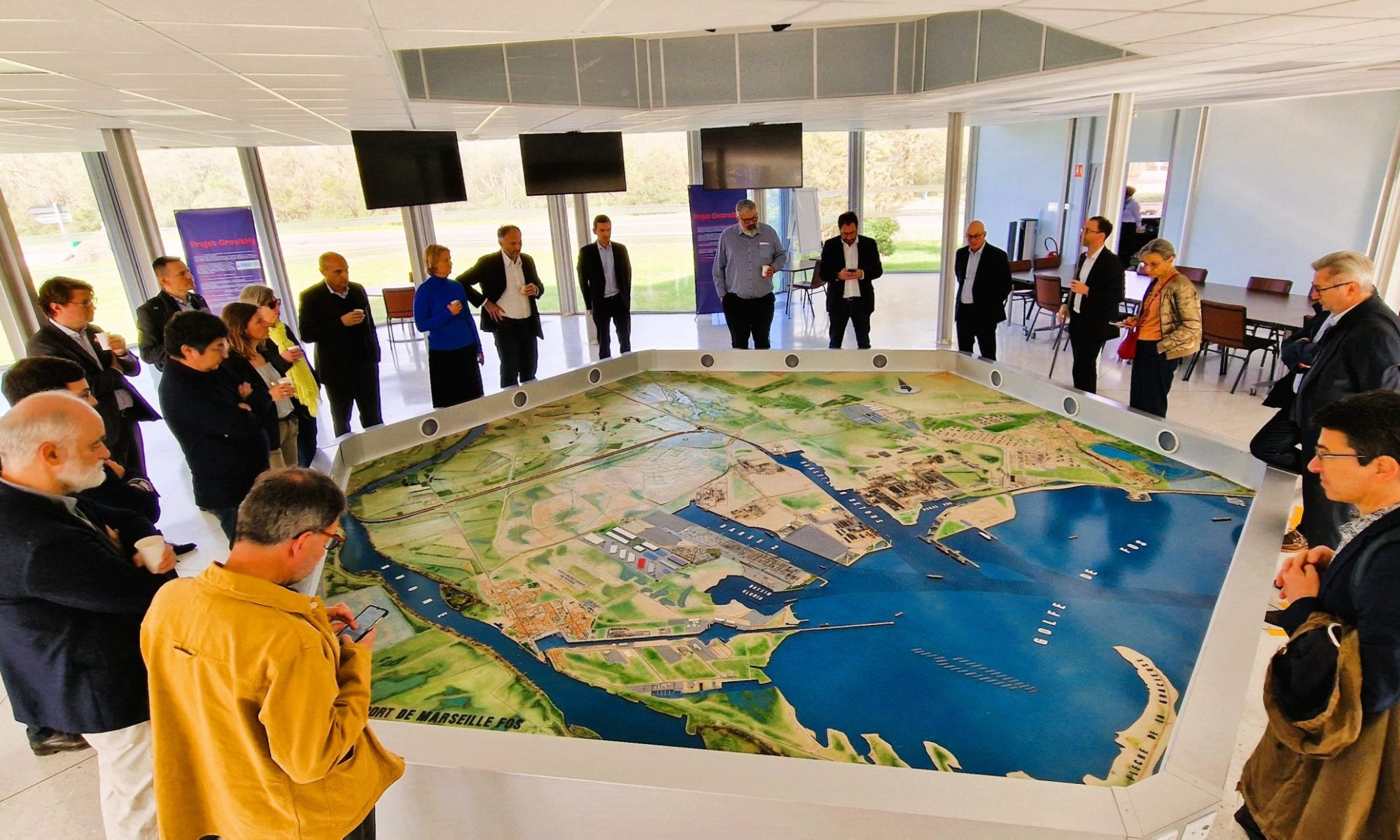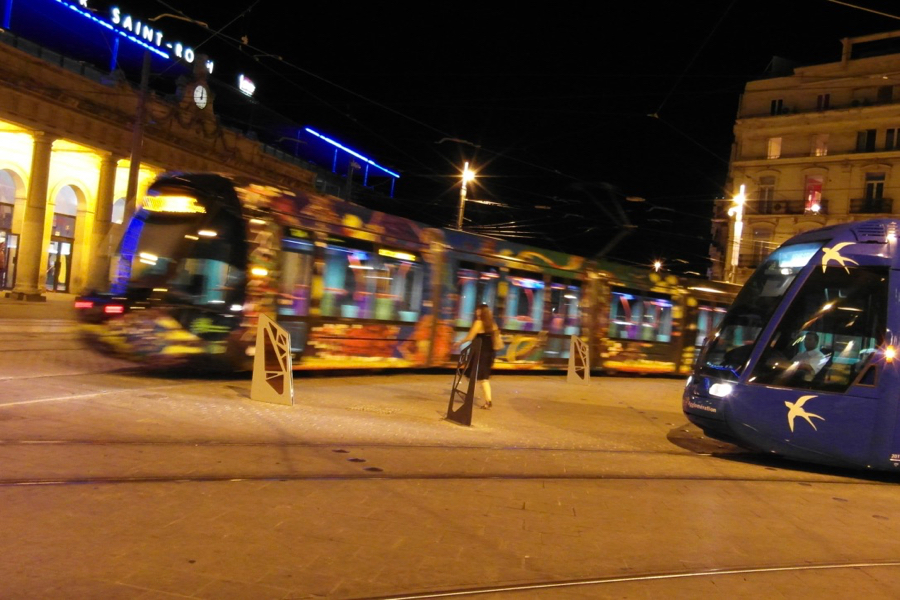Metropolitan areas and regional governance
The topic of this fifth meeting led to discussions on the interplay of power at various levels. Participants shared their experiences of the difficulty in achieving a collective appropriation of the concept of a metropolitan area and compared their results in terms of regionalizing public policies and pooling services.

As always with BEST, the meeting was very enriching, thanks to everyone’s strong involvement. Beyond the information exchanged, the debates allowed us to step back from our daily work and look towards the future. This meeting in Montpellier showed us that creating a metropolitan culture requires a vision for the territory and consistent public action within and beyond its boundaries. We must also find ways to jointly manage municipal, metropolitan or shared services, based on a governance charter with the mayors, as a guarantee of local responsiveness.
Another lesson is that the question of time cannot be ignored: to build a metropolitan institution, policies must be implemented gradually in order to ensure transparency and equity, as well as the involvement of citizens and all stakeholders.
Last but not least, the current fiscal environment forces us to learn to do more with less. The cost price of public services must be adapted to reality without any loss of quality. Such a challenge requires effective communication with agents and citizens alike.
Christian Fina
Chief Executive of Montpellier Agglomération
PROGRAM
The evolution of regional governance
Comparison of territorial reforms in Germany and France
> Hellmut Wollmann, Professor at Humboldt University of Berlin.
The rise, fall and recovery of the Barcelona metropolitan area
Origins, development and current challenges of the Barcelona metropolitan area. Political reasons for the poor institutional development of metropolitan areas in Spain.
> Antoni Fernandez, Deputy Chief Executive in charge of Finance for the town of Terrassa in the Barcelona metropolitan area, and Professor of Public Management and Public Policy at the University of Barcelona.
Perspectives on the evolution of local governance and intercommunal groupings in France
> Philippe Mahé, Chief Executive of Toulouse Metropole, author of the book “Metropoles: 25 proposals for solidarity-based development in regions”.
Commentary throughout the sessions by Jean-Paul Volle, Professor Emeritus of Geography, Planning and Urban Development at Paul Valéry University in Montpellier.
Metropolitan areas and towns: new forms of cooperation
Metropolitan interest and town interest.
Organization of relationships between public entities.
Changes resulting from the creation of Metropoles.
The example of the Brussels-Capital Region and its 19 member towns
> Michel Van Der Stichele, Deputy Chief Executive, Director of Local Public Authorities at the Brussels-Capital Region
The cases of three future Metropoles in different situations. One town’s testimonial
> Michel Vayssié, Chief Executive of the Bordeaux Urban Community
> Olivier Moulis, Chief Executive of Crès, a member town of Montpellier Agglomération
> Marie-Caroline Bonnet-Galzy, Chief Executive of Lille Metropole
> Philippe Mahé, Chief Executive of Toulouse Metropole
Cooperation with adjoining or nearby towns and metropolitan areas, with the region and with the business community
Development of a broader metropolitan project and metropolitan identity
> Christian Fina, Chief Executive of Montpellier Agglomération
> Alain Bensakoun, former Chief Executive of Greater Alès and the City of Alès
> Alain Bourdin, sociologist, town planner, Professor at the University of Paris-Est and Director of Lab’Urba
The transformation of urban communities into Metropoles
Creating a new organization for the metropolitan area while redesigning the administrative structure of municipalities
Ensuring a smooth transfer of responsibilities and resources and stimulating the sharing process
Contractual relations for deeper cooperation between metropolitan areas and their member towns
> Bertrand Uguen, Chief Executive of Brest Métropole Océane
> Pierre Tonneau, Chief Executive of Grenoble Alpes Metropole
> Frédéric Althabe, Chief Executive of the Rouen metropolitan area – Elbeuf – Austreberthe (CREA)
> Alain Bensakoun, former Chief Executive of Greater Alès and the City of Alès

